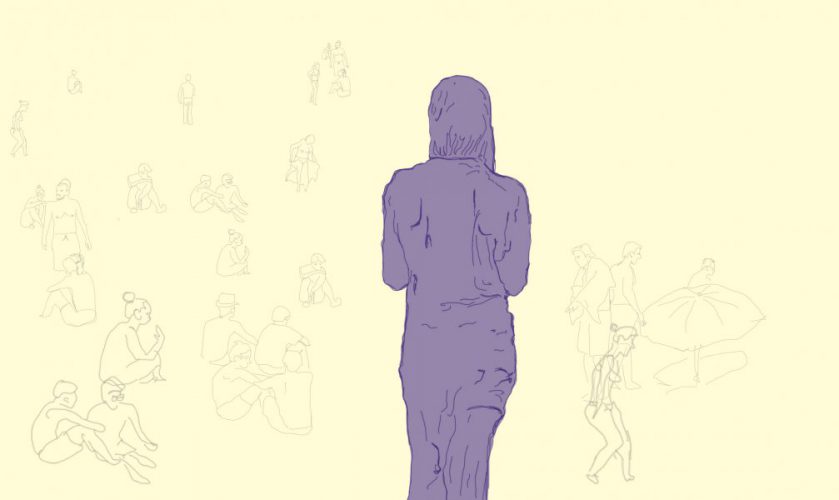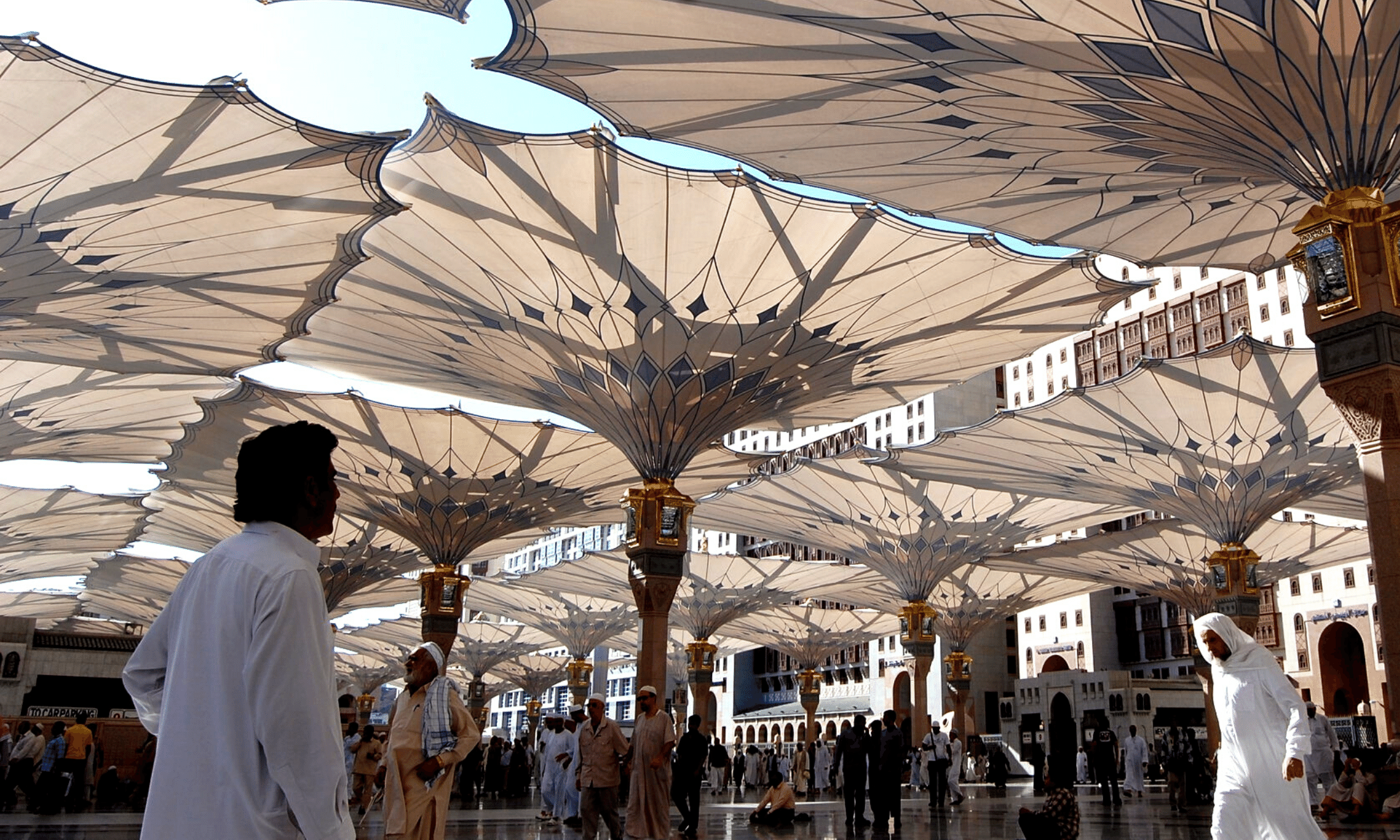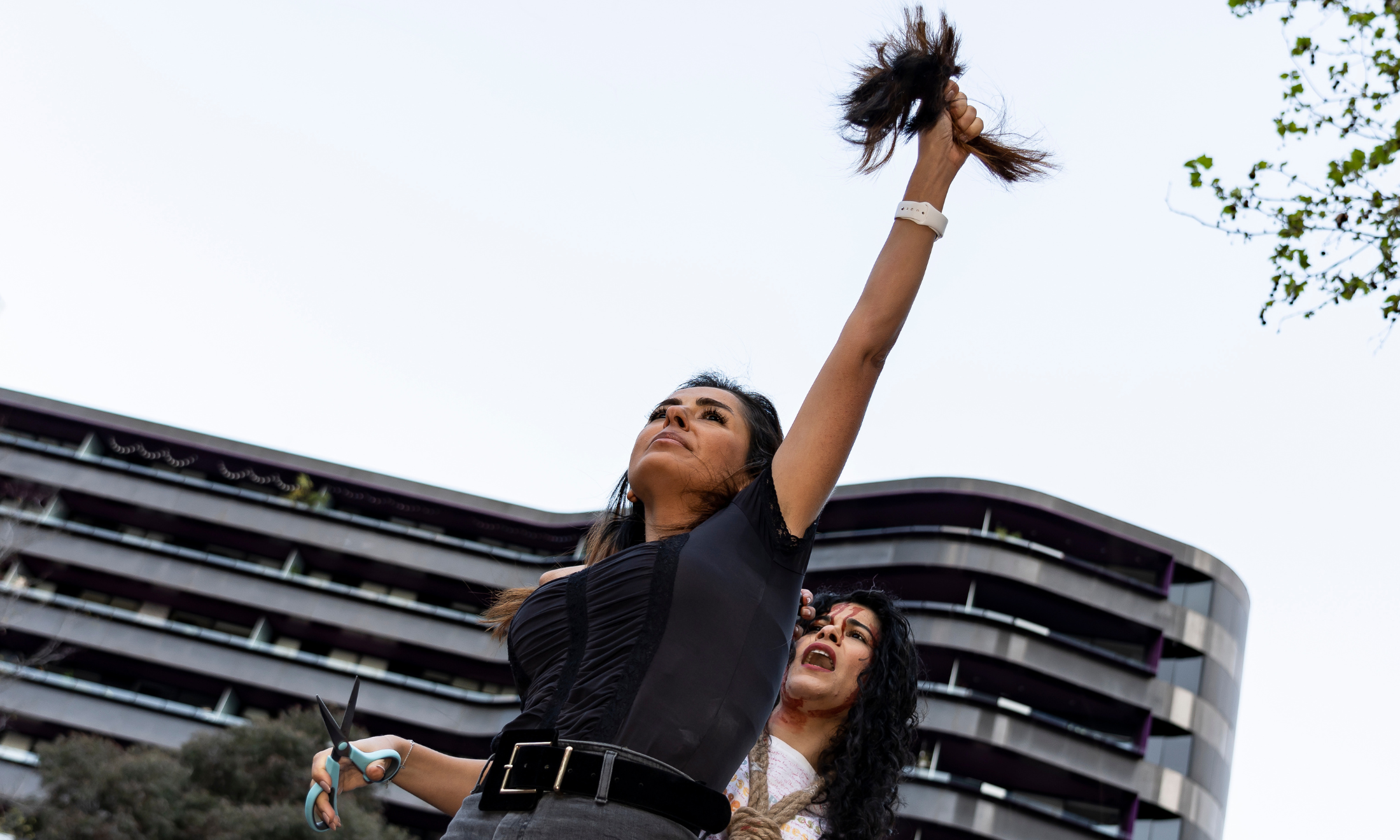
France’s ban on the burkini has sparked global outcry this past week after images spread of a burkini-clad Muslim woman being forced by policemen to remove her garment at a Nice beach in France. It seems the French authorities fail to realise how they are alienating and targeting Muslim women once again; the ban on the burkini is yet another form of misogyny and Islamophobia that breaches the rights of French citizens and restricts their freedom to express themselves.
It goes without saying that France’s issue with religious clothing has been an ongoing debate. France’s concern in particular for Islamic clothing worn in public has been a topic of interest for years. The hijab, or headscarf was banned from French state schools in 2004, alongside other “obvious” religious garments such as large crosses and kippa’s worn by Jewish men. The niqab, or Islamic face-veil was banned in public places in France in 2011, and recently a ban was introduced in a number of cities prohibiting the burkini, a full-length swimsuit. Despite the prohibition of non-Islamic religious articles being banned in public in France, there seems to be a particular problem with Islamic garments, specifically those worn by Muslim women.
The ban is absurd, especially considering the “justifications” for introducing it. The three-piece swimsuit or burkini is not only donned by Muslim women, but also by women who simply prefer to wear something that is more concealing and protective.
The burkini was invented in Australia by a woman named Aheda Zanetti to provide sportswear for Muslim women who choose to cover up to participate in Australian culture. Zanetti states that women of other faiths and traditions and body issues have also purchased the burkini, with men asking for them too. A relatively famous example of a non-Muslim woman wearing one would be that of British chef Nigella Lawson who sported a full-piece swimsuit whilst on holiday. It doesn’t have to be worn to express religiosity or modesty; it may simply be to protect skin from the sun or to simply feel more comfortable.
As someone who has and will continue to wear a burkini when going swimming or to the beach (I bought mine from Speedo, a very well-known company – tell me, are Speedo now suddenly funding Islamic extremism and terrorism by providing full coverage swimwear? Why haven’t they been under fire about providing such concealing garments?) I feel much more comfortable and in control of how much or how little of my body I choose to share.
The idea that this garment is funding or enhancing “Islamic extremism” is, quite frankly, a ridiculously misogynistic and poorly thought-out argument.
The Metropolitan Police statistics state that hate crimes against Muslims in London soared by 70 percent in 2015, with the majority of victims being women. Attacks are typically directed at visibility, with women who don the hijab or niqab having a higher risk of being attacked or abused. Time and time again, it is Muslim women who take the brunt of Islamophobia and religion-related misogyny.
It is Muslim women who are having their rights to cover their bodies denied; whether it be the hijab, burqa, niqab.
It is Muslim women who are having their headscarves or veils ripped off, being verbally and racially abused, and being looked at as the face of “Islamic extremism”.
It is getting increasingly difficult to fathom how a piece of clothing used to cover a body is being equated with hatred of the West and extremist ideologies.
Many Muslim women cover up because it’s what makes me feel comfortable whilst also adhering to the principles of their religion. Women are constantly told how much they should weigh, how they should look, how they should dress, and Muslim women are no exception to this.
The concept of controlling and dictating a woman’s appearance is always the same, whether it be prohibiting high school girls from exposing their shoulders in school to religious women being banned from covering their hair. Taking away a basic human right only funds further segregation and alienation of women.
The Council of State in France recently stated that the ban “seriously and clearly illegally breached fundamental freedoms”. As a country that prides itself on secularism and freedom, repeatedly breaching the rights of their citizens certainly raises an alarm when it is the same group of individuals who are being targeted. It seems as though, through breeding discrimination and Islamophobia, they end up emulating those they say they abhor.
All in all, it is time to stop cowering behind the facade of “protecting our country from terrorism” by denying Muslim women the right to cover and time to realise that a woman who covers has the same rights and freedom as a woman who doesn’t. The overwhelming majority of us have the same goals, aspirations, morals and ethical values as our non-Muslim counterparts.
The struggles of the oppressed should not go unnoticed; we must unite to end discrimination in all its manifestations. Whether it be defending and protecting black people who face the brunt of police brutality, or sticking up for Muslim people who regularly face Islamophobia and especially black Muslims who are subject to both, we must rise against this hatred and intolerance.
Visit this page to support Muslim women who are being fined for wearing the burkini.









